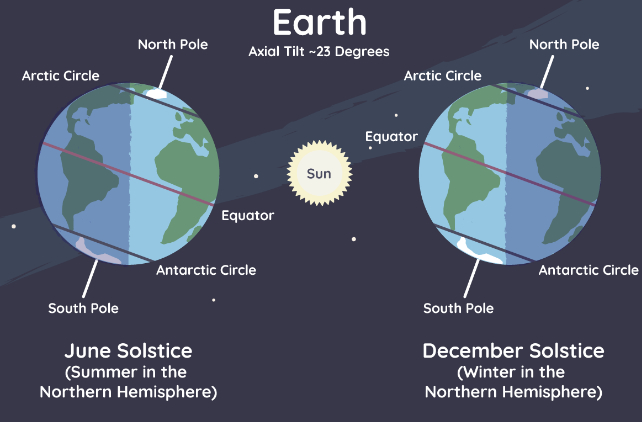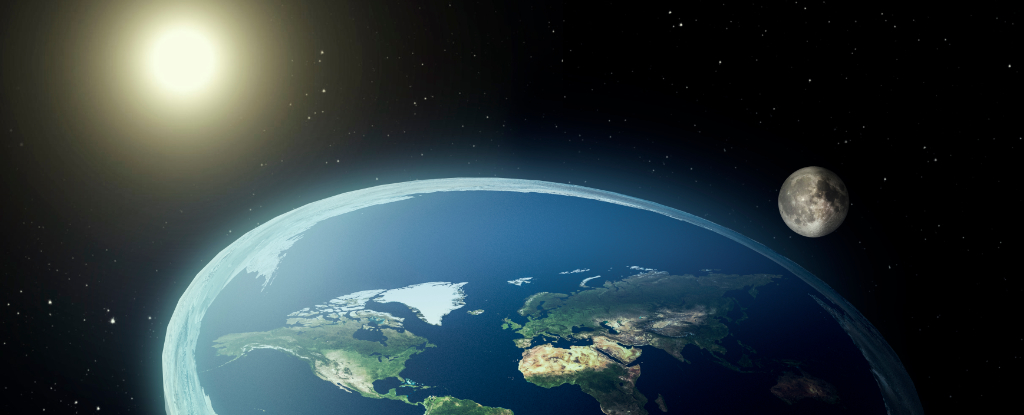In a surprise conclusion to a project dubbed The Final Experiment, several well-known believers in a non-spherical Earth have had a change of heart.
“All right, guys, sometimes, you are wrong in life,” announced Jeran Campanella, a prominent flat-Earth theorist who joined an all-expenses-paid expedition to Antarctica to see the Sun circle the sky for an entire day.
“And I thought that there was no 24-hour Sun, in fact I was pretty sure of it.”
For the past three years a pastor from Denver, Colorado, named Will Duffy has worked to bring together a selection of ‘globist’ and ‘flat-earther’ YouTube content creators to “settle the shape of the Earth” in a single act of observation.
Traveling to Union Glacier Camp – a full-service private facility just 1,138 kilometers (707 miles) from the South Pole – the two ‘teams’ gathered to see with their own eyes whether reports of a non-setting Sun were fabrications of some greater conspiracy, or truthful observations of planetary physics at work.
Throughout history, various cultures have held mixed views on what lies over the horizon, and how the land beneath our feet connects with what we see over our heads.
In a modern sense, flat-Earth beliefs emerged in the 19th century as a counter to a scientific consensus, often buoyed by religious convictions or aligning with political values in a shared distrust of an academic authority. Today, social media has given voice and community to a legion of people who doubt what most of us take for granted as a well-supported fact.
“It’s really about the power of knowledge, and that increasing distrust in what we once considered to be the gatekeepers of knowledge – like academics, scientific agencies, or the government,” University of Melbourne communications expert Jennifer Beckett told Anders Furze in a 2019 article on the topic.
Though there’s no agreement on what this non-curving world looks like from afar, most descriptions need to account for what can be experienced as individuals. Phenomena such as the changing position of the Sun, or differences in the heights of objects as we travel towards a horizon, still need to make sense if Earth is a huge pancake rimmed in Antarctic frosting.
Scientific explanations of the Sun’s seasonal shifts are relatively straight-forward. Perched on opposing ends of a tilted globe, each pole experiences alternating periods of uninterrupted sunlight or endless night as Earth completes laps of the Solar System.

To some flat-Earth advocates, the existence of Antarctica’s midnight Sun simply can’t be reconciled with a position standing at the edge of a global circle. Like Campanella, they figured it simply didn’t happen.
Watching the Sun skirt the horizon in person might clear up claims of any conspiracy, though it may not necessarily be enough to make converts of ‘team flat-Earth’.
Flat-Earth YouTube creator Austin Whitsitt humbly admitted the Sun was “doing what they said it would do, very clearly.” Yet when it comes to embracing a new view of the world, he’s far from convinced. “I don’t think it falsifies plane Earth, I don’t think it proves a globe, I think it’s a singular data point.”
Belief formation is a complex task for human brains, though, combining experiences shared by those we trust with a dusting of our own perceptions to construct personal stories that don’t just explain what we see, but fit with what we value.
As an exercise in trust-building and a demonstration of the value in putting our firmest convictions to the test when given a chance, Duffy’s ‘Final Experiment’ ought to be anything but final.





